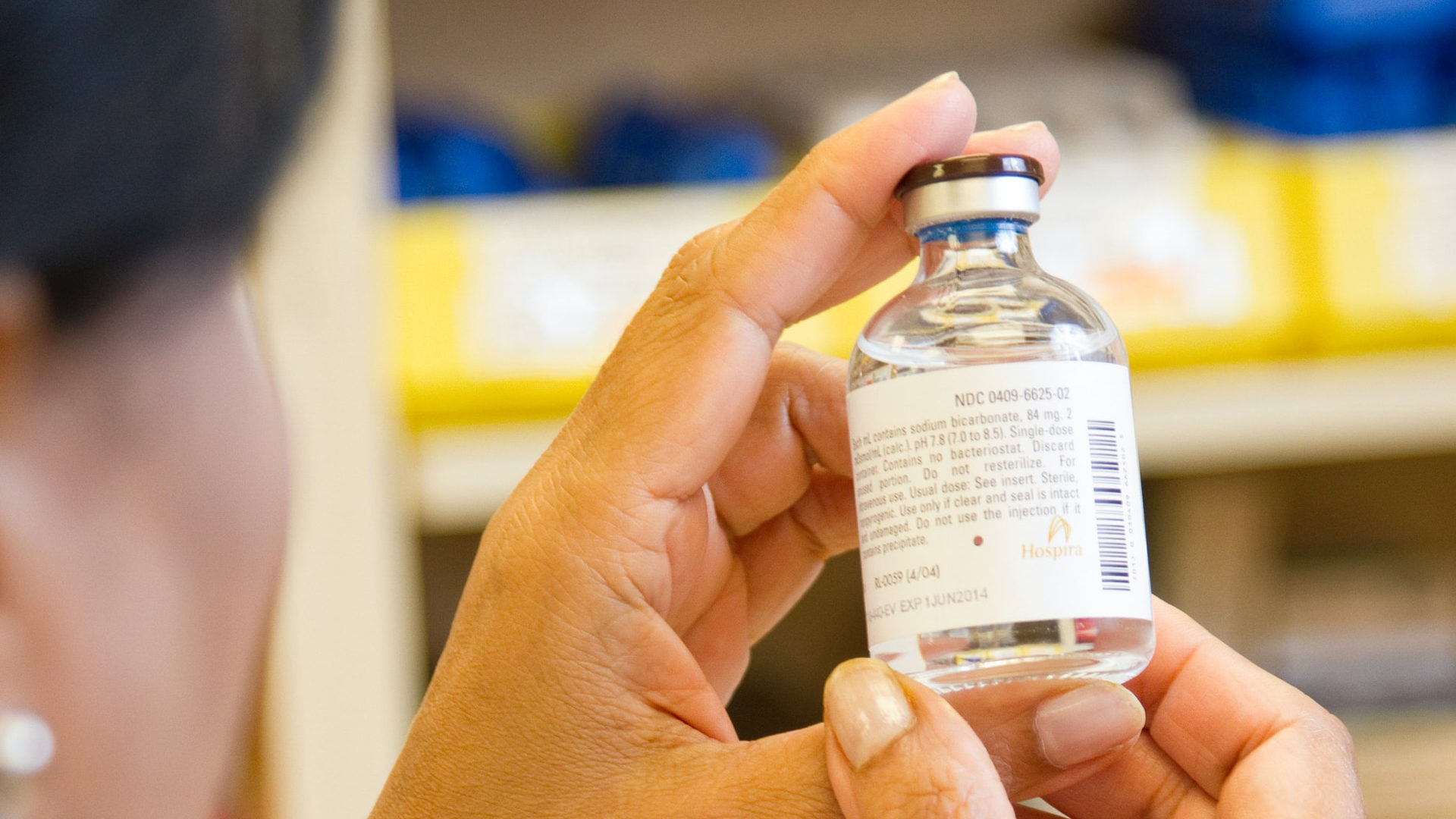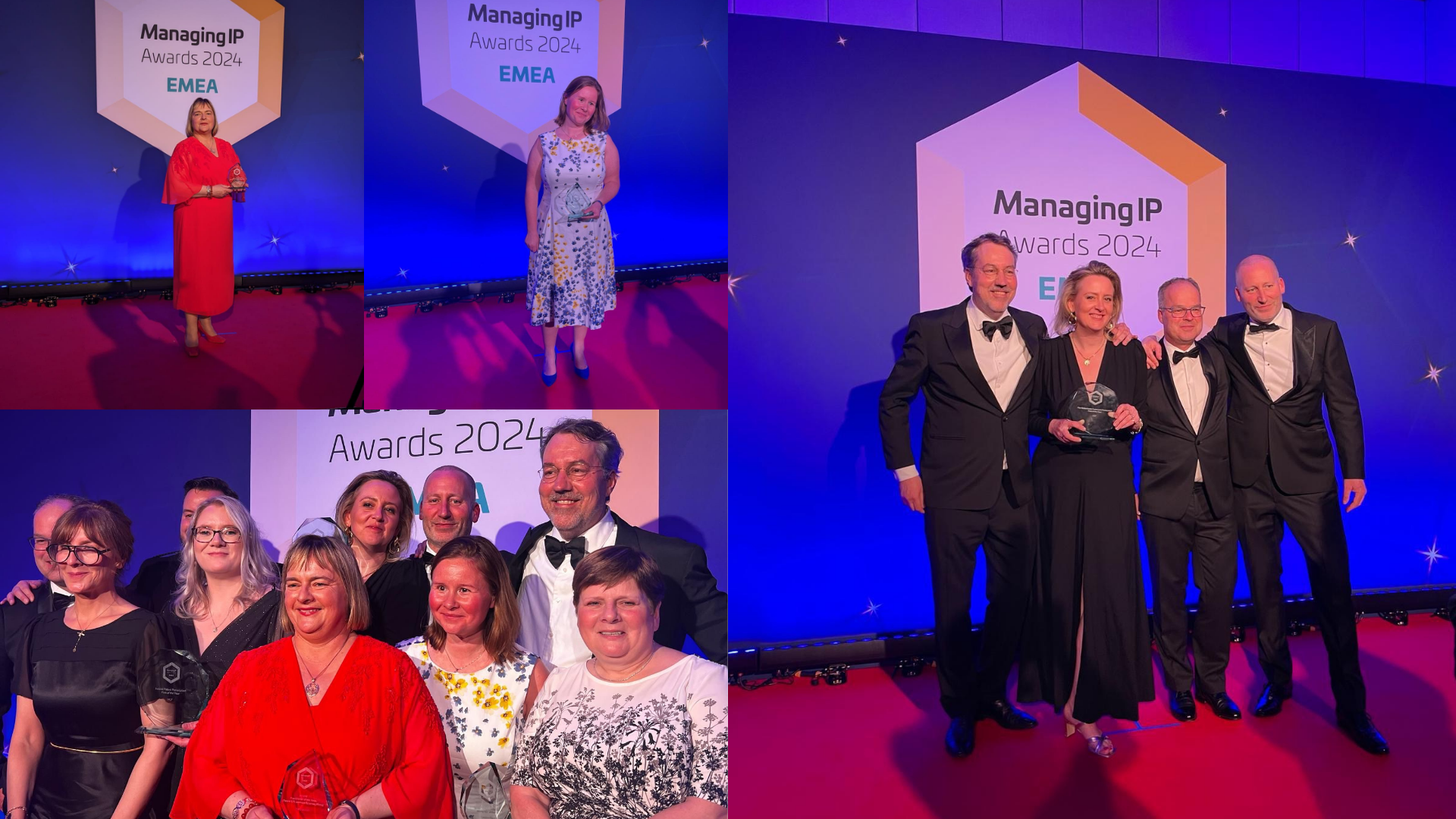UPC
Unitary Patent Renewal Fees – proposed figures revealed
März 2015
Ever since the prospect of a Unitary Patent for Europe became a reality, the subject of cost has been hotly debated. Will a Unitary Patent save me money? But with so many unknowns, the question has been like a puzzle.
According to various sources, we could have the first piece in the puzzle, with the EPO having made a proposal on the level of renewal fees. In a document „Proposals for the level of renewal fees for European patents with unitary effect“, (which we’ve yet to see a copy of) submitted by the President of the EPO to the Select Committee of the Administrative Council for their opinion, the EPO has come up with the following proposal:
To meet the requirements set out in Article 12 of the Regulation on the Unitary Patent, the EPO has allegedly proposed the following structure for setting unitary patent renewal fees:
- years 3 to 5: the level of the EPO’s internal renewal fees (IRF) [these are the fees payable to the EPO for pending patent applications currently]
- years 6 to 9: a transitional level between the IRF level and the year 10 level
- from year 10, a level equivalent to the total sum of the national renewal fees payable in the states in
which European patents are most frequently validated (TOP level)
Furthermore, based on this, two specific proposals are made – one where the Year 10 onwards level is based on current renewal fee levels for FOUR European countries (TOP 4 level) and one where the Year 10 onwards level is based on current renewal fee levels for FIVE European countries (TOP 5 level) but with a reduction for certain categories of patentees, namely SMEs, natural persons, non-profit organisations, universities and public research
organisations.
Based on these proposals, the cost of obtaining a UP would be more expensive than current filing strategies, if for example patentees usually validate in 3 or less states. And of course, given that it will not be possible to be selective as to EP countries which are maintained throughout the life of the patent, there is no option to scale down costs towards the end of the patent term.
We still need more pieces in the puzzle to get the full picture on whether a UP will save money in the long run.
































